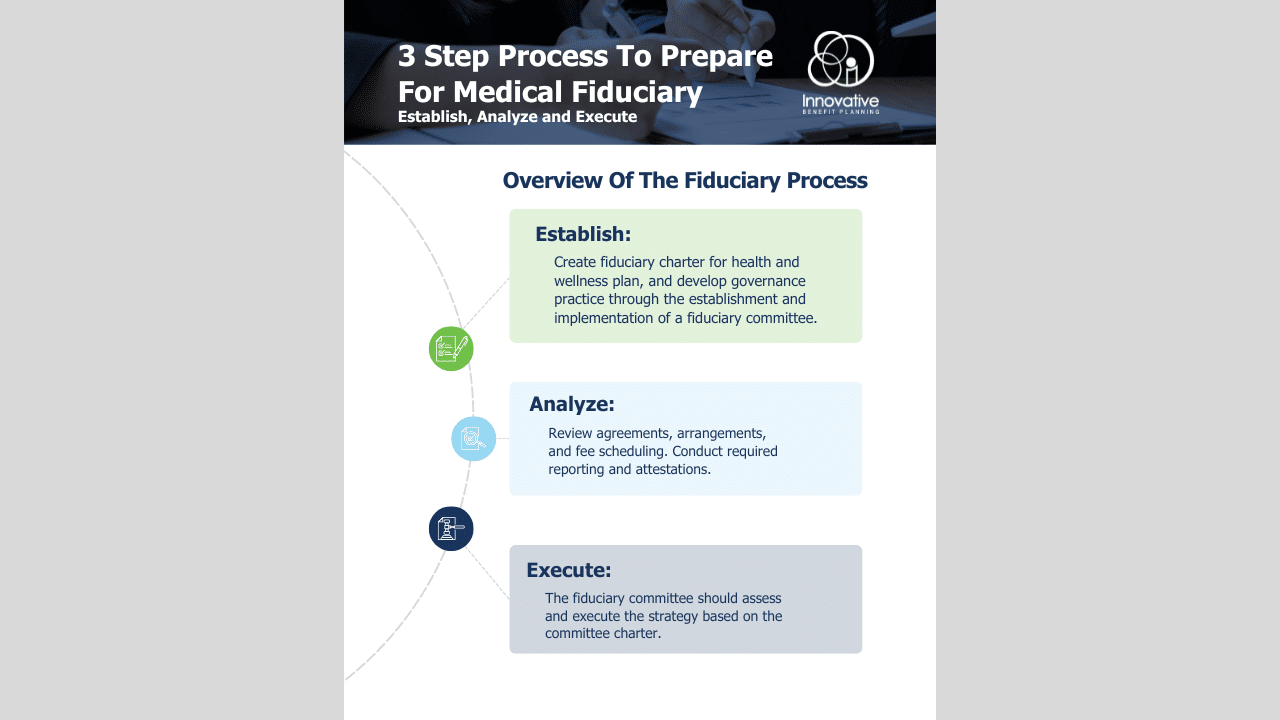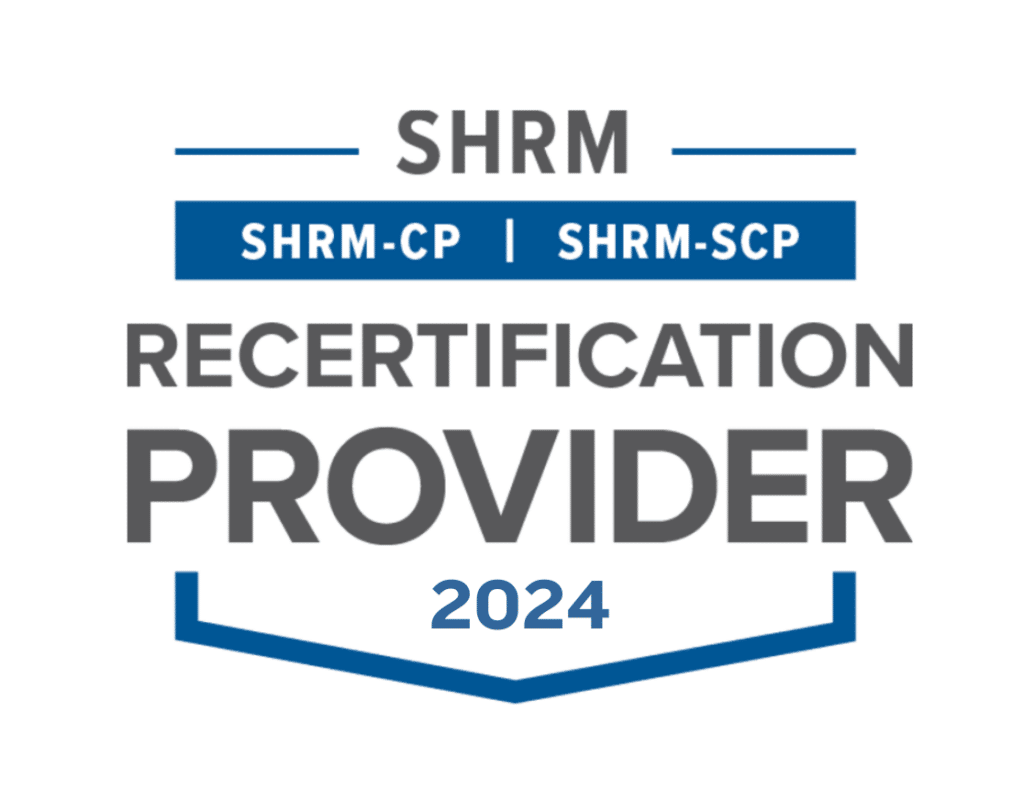Following up on the Supreme Court’s decision in the Hobby Lobby case, the Departments of Labor, Health and Human Services, and Treasury have issued an FAQ that reminds employers that ERISA requires that plan participants be advised of a material reduction in benefits within 60 days after the reduction becomes effective. The FAQ says that if an employer limits or excludes coverage for some or all types of contraception because of the recent Supreme Court decision, it will need to issue a summary of material modifications (SMM) to participants describing the change.
Important: This is the first directive the regulatory agencies have issued since the Supreme Court decision. Despite this FAQ it is not yet clear how an employer that claims it should be free from the requirement to provide first dollar coverage for contraceptives because it is a closely-held corporation whose owners have strong religious objections to covering contraception will apply for, or show that it is entitled to, the exemption. The Supreme Court has not exempted all employers from the requirement to provide coverage for contraception — the exemption is limited to closely-held for-profit corporations whose owners have a sincere religious objection to providing coverage for some or all contraceptives.
In addition, the Equal Employment Opportunity Commission (EEOC) has recently updated its guidance and issued a Q & A on how to comply with the Pregnancy Discrimination Act. Among these requirements is a requirement that contraceptives be covered the same as any other prescription drug. In the notice, the EEOC acknowledges the Supreme Court decision in the Hobby Lobby case, but does not concede that this decision would necessarily exempt a closely-held corporation whose owners have strong religious objections to covering contraceptives from the requirement to provide that coverage under the Pregnancy Discrimination Act. The decision in the Hobby Lobby case was careful to limit the religion-based exemption to the PPACA requirement, and government interpretations under Title VII and the Pregnancy Discrimination Act tend to carry particular weight. This means that an employer that chooses to not cover contraception on religious grounds may have to defend itself against an EEOC charge or investigation.











